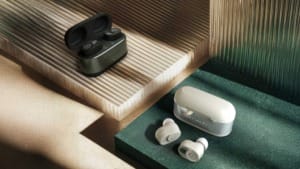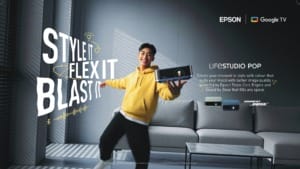Tesla prepares for driverless ride-hailing in Austin
Elon Musk announced that Tesla will launch a driverless robotaxi service in Austin this June, marking a major step towards autonomous ride-hailing.

Tesla CEO Elon Musk says the company is set to launch an “unsupervised, no one in the car” robotaxi service in Austin, Texas, this June. During an earnings call on Wednesday, Musk revealed that Tesla will introduce the service cautiously to ensure public safety.
“We just want to put a toe in the water, make sure everything’s okay, put a few more toes in the water, with the safety of the general public and those in the car as a top priority,” Musk stated.
Unlike previous discussions about Tesla owners adding their own vehicles to a ride-hailing network, the Robotaxi fleet will be entirely owned by Tesla. Musk claimed these vehicles would be available for paid trips and would arrive without a driver.
Tesla’s evolving self-driving ambitions
Musk has repeatedly promised that fully autonomous vehicles were just a few years away, but delays have persisted. Now, he says, the timeline has been significantly shortened.
“This is not some far-off, mythical situation,” Musk emphasised. “It’s, you know, five, six months away.”
According to Tesla’s latest shareholder letter, its customers have driven over 3 billion miles using Full Self-Driving (Supervised) as of January. Tesla considers this system a stepping stone to full autonomy but warns drivers to remain attentive since it does not make vehicles autonomous. The company also reported a 400% increase in AI training computing in 2024 to improve its self-driving capabilities.
Teslas now drive themselves from their birthplace at the factory to their designated loading dock lanes without human intervention
— Tesla AI (@Tesla_AI) January 29, 2025
One step closer to large-scale unsupervised FSD pic.twitter.com/Aj6dHsLaRO
Recently, Tesla released footage of Model 3 and Model Y vehicles driving a 1.2-mile route on private factory roads without human intervention. Musk stated that unsupervised Tesla vehicles would soon operate similarly at its Texas factory. Bloomberg previously reported that Tesla has been discussing the robotaxi service with Austin’s autonomous vehicle task force.
Challenges and regulatory hurdles
Tesla’s approach to autonomy differs from that of other self-driving companies, as it relies solely on cameras and does not use lidar as an additional sensor. Critics have pointed out that Tesla selectively releases safety data, often omitting key details. Additionally, Full Self-Driving (Supervised) has faced significant challenges, including difficulty with wet roads, glare from sunlight, and failure to detect motorcyclists. Earlier this year, a 28-year-old motorcyclist was killed near Seattle when a Model S using Tesla’s driver-assist feature failed to recognise him.
Tesla has been trialling a robotaxi service with employees in the Bay Area since last year, using vehicles with safety drivers behind the wheel. Musk expects to expand a paid ride-hailing service to California and Texas in 2025, pending regulatory approval. However, Tesla is not yet licensed to operate a commercial autonomous ride-hailing service in California.
During the call, Musk expressed confidence that Tesla would roll out unsupervised Full Self-Driving in California and other parts of the US later this year. The company’s futuristic Cybercab, revealed last year, is scheduled for production in 2026.
















